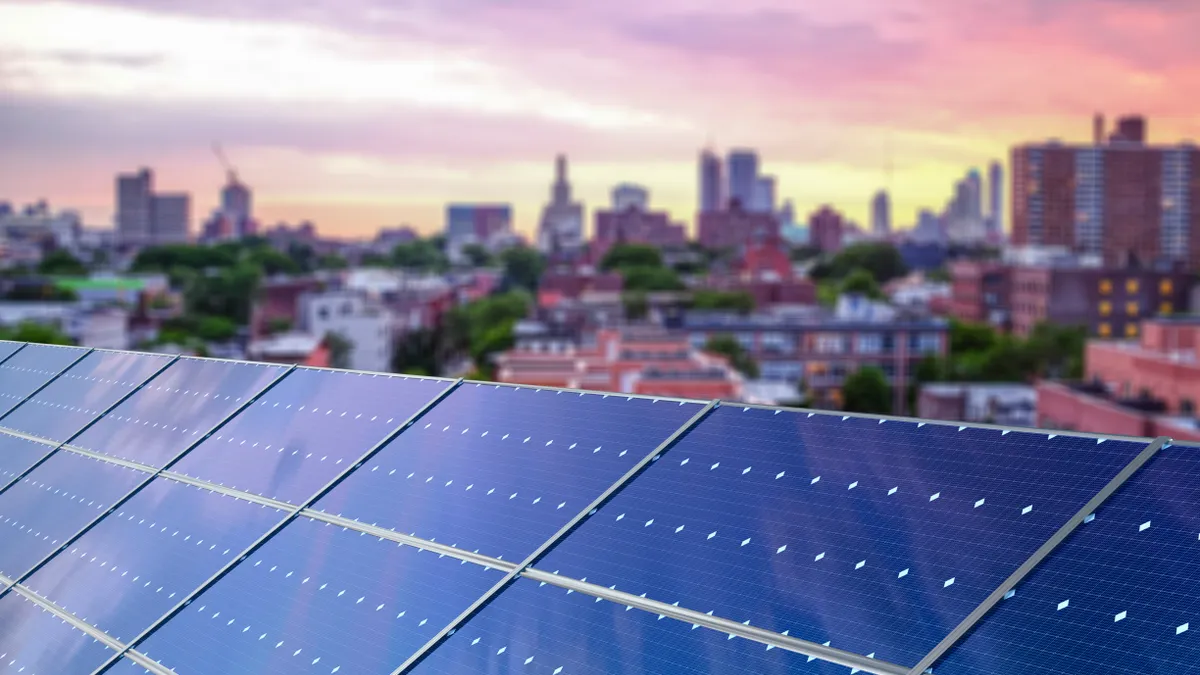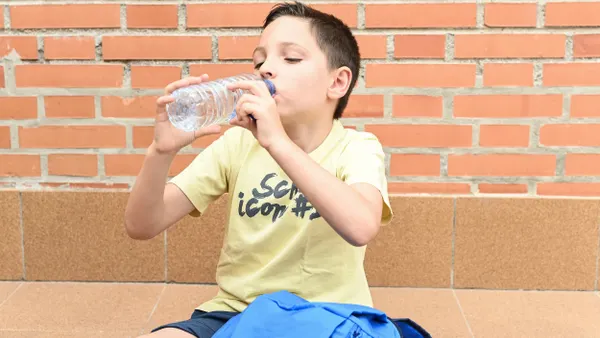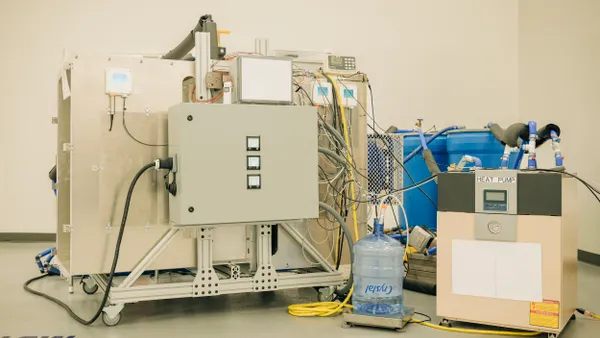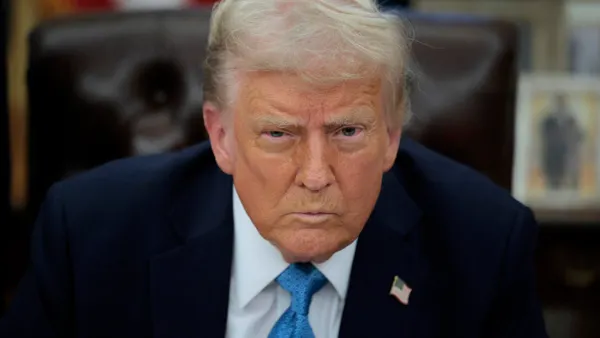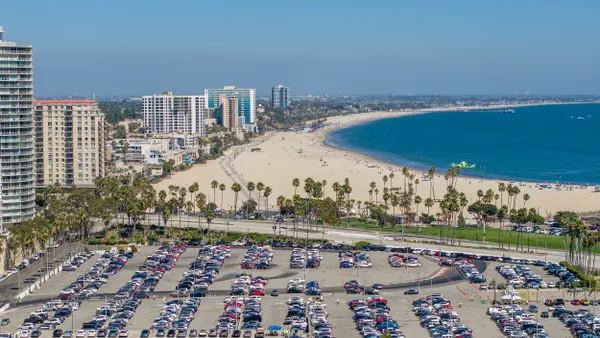The Environmental Protection Agency on Wednesday launched a $7 billion competitive funding opportunity for programs that provide residential solar in low-income and disadvantaged communities.
“This historic boost in solar investments will advance millions of residential solar projects nationwide, protect people and the planet, deliver environmental justice, save families money, and create good-paying jobs,” EPA Administrator Michael Regan said.
The agency plans to award up to 60 grants to states, territories, tribal governments, municipalities and eligible nonprofit groups through the Solar for All initiative, according to a notice of funding opportunity. Recipients can use the funds to expand low-income solar programs or to launch new programs.
Solar-plus-storage and community solar can be supported through the funding.
The agency is offering grants of $25 million to $100 million for small-sized programs, $100 million to $250 million for medium-sized programs and up to $400 million for large programs.
The EPA will assess proposals on several metrics, including whether they produce at least 20% savings on household electricity bills, provide resilience benefits during power outages and support workforce development.
Applicants must submit a notice of intent to apply to the competition. States, the District of Columbia and Puerto Rico must file the notice by July 31. Other territories, municipalities and eligible nonprofit groups must file the notice by Aug. 14; tribal governments and intertribal consortia have until Aug. 28, according to the EPA. Applications are due Sept. 26. The agency expects to begin making awards in July 2024.
The Solar for All initiative is part of the EPA’s $27 billion Greenhouse Gas Reduction Fund, which was authorized by the Inflation Reduction Act. The fund aims to spur financing and private capital for greenhouse gas-reducing and air pollution-reducing projects.
The EPA said it plans to soon launch a $14 billion National Clean Investment Fund grant competition to expand clean technologies and a $6 billion Clean Communities Investment Accelerator grant competition to build local clean financing capacity through community lenders.



